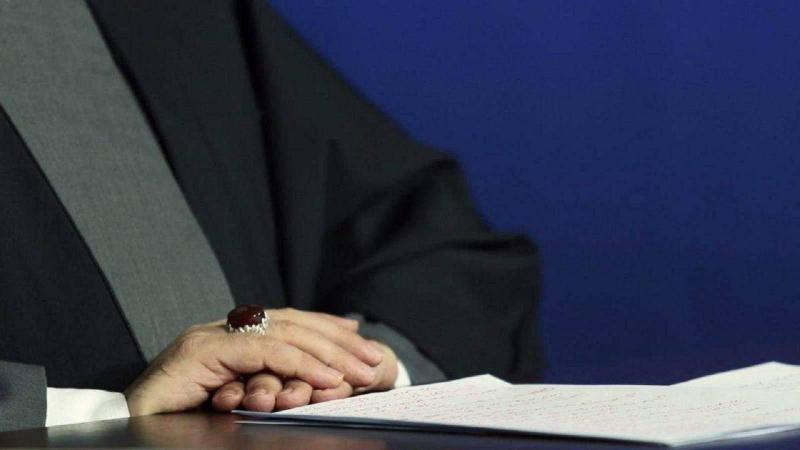There is anticipation surrounding the speech that Hezbollah's Secretary-General, Hassan Nasrallah, will deliver this afternoon, marking a week since the killing of leader Fouad Shukr in the Israeli attack that targeted the southern suburbs of Beirut. Many analyses and predictions circulate regarding the content of the speech and the messages it will convey to both domestic and foreign audiences. However, press sources indicate that "after a week since Shukr's killing, the speech will naturally be a pivotal moment in determining the future of events and will carry indicators that will not reassure the enemy but rather will heighten their concerns regarding a potential response, as Nasrallah will not allow the enemy to relax but will keep them on their toes."
The duration of the speech is expected to exceed an hour and a quarter, with the first part dedicated to discussing Shukr's merits, who exhausted Israel for 30 years in terms of planning, execution, and leadership, as well as his internal and external roles without disclosing sensitive information that the deceased had significant involvement in. He had previously confirmed in his last speech that he would talk about Shukr in detail.
He will reaffirm that the support front remains ongoing regardless of the inevitable response to Shukr's targeting, and while it will not satisfy the Israeli side for the countdown to the retaliation, he will speak in an assertive tone while directing threats toward the Israelis, addressing the proposals circulating about the necessity of constraining the response to prevent the outbreak of a wide-scale war.
In the section concerning support, he will repeat calls for a ceasefire in Gaza so that the party can halt its support, similar to other support fronts. Nevertheless, the response to the assassination remains an unavoidable matter, independent of the Gaza front or other supporting fronts, and it will not be limited to a specific place or target as the resistance carefully studies the target, timing, and geography.
Internally, he will refrain from discussing it on the grounds that today is not a time for politics but rather for action on the ground.




